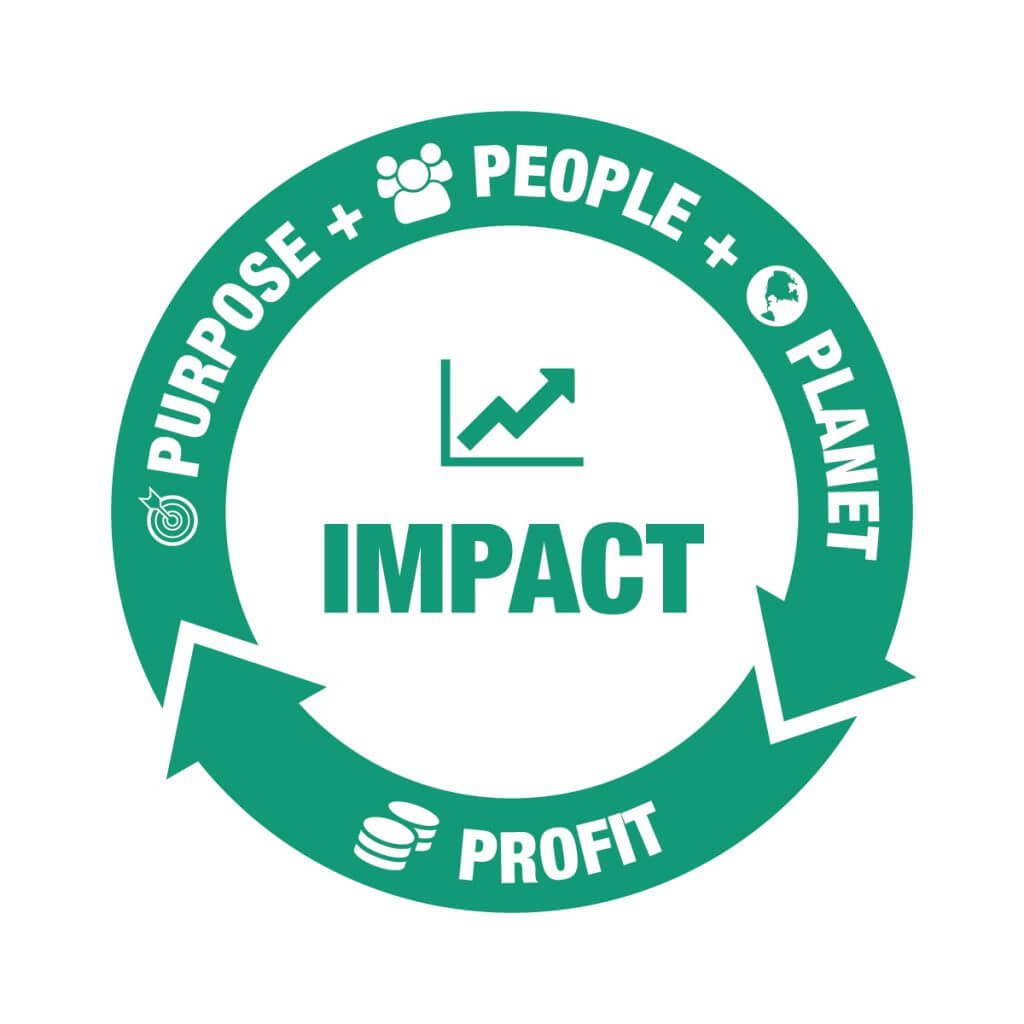
Hard is soft. Soft is hard
In working in the field of leadership (including coaching, facilitation, being a sounding board), over and over again I’ve heard people label anything to do with people as “soft skills”, or the “soft stuff”. I typically respond with something like: “to the contrary, the soft stuff (values, culture, behaviours) create the hardest measures in business”.
To use one example, let’s talk about leading from values. Those leaders that do this run a filter of the values of the organisation over every single decision. Listen to hear if the CEO and other leaders are asking “Is this in line with our values?” before making any tough decision.
I am fortunate enough to have worked (and continue to work) with clients committed to leading from values. This was most evident in how they responded to the pandemic, as well as how they continue to act. Do they put profit first, or focus first and foremost on the wellbeing of their people, then their clients and customers? If they do have to look to reduce staffing or cut costs in other ways, do they do that in a way that is aligned with their values at all times?
As illustrated in the visual model above (and the article linked below the graphic), I believe that those organisations that put Purpose first (which includes leading from values and a rigorous focus on culture and behaviours), ultimately do make profits that allow them to scale their (Purpose-led) impact. So, with that, I loved this:
Hard is soft. Soft is hard. The so-called “hard stuff” (plans, spreadsheets, org charts) is soft—abstractions that are easy to manipulate. The so-called “soft stuff” (people, relationships, culture) is the true bedrock of effectiveness.
Tom Peters, succinct wisdom on twitter yesterday
